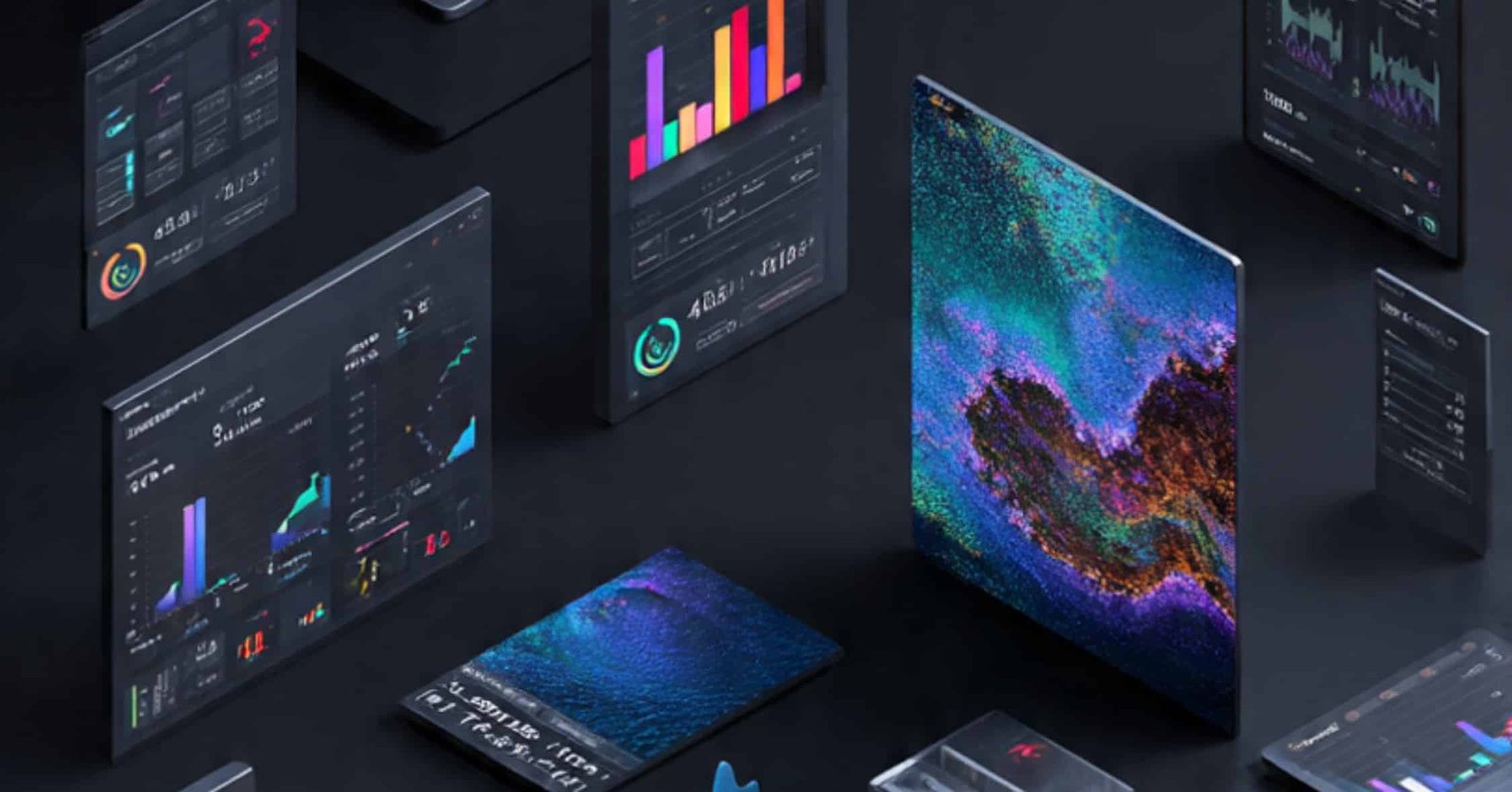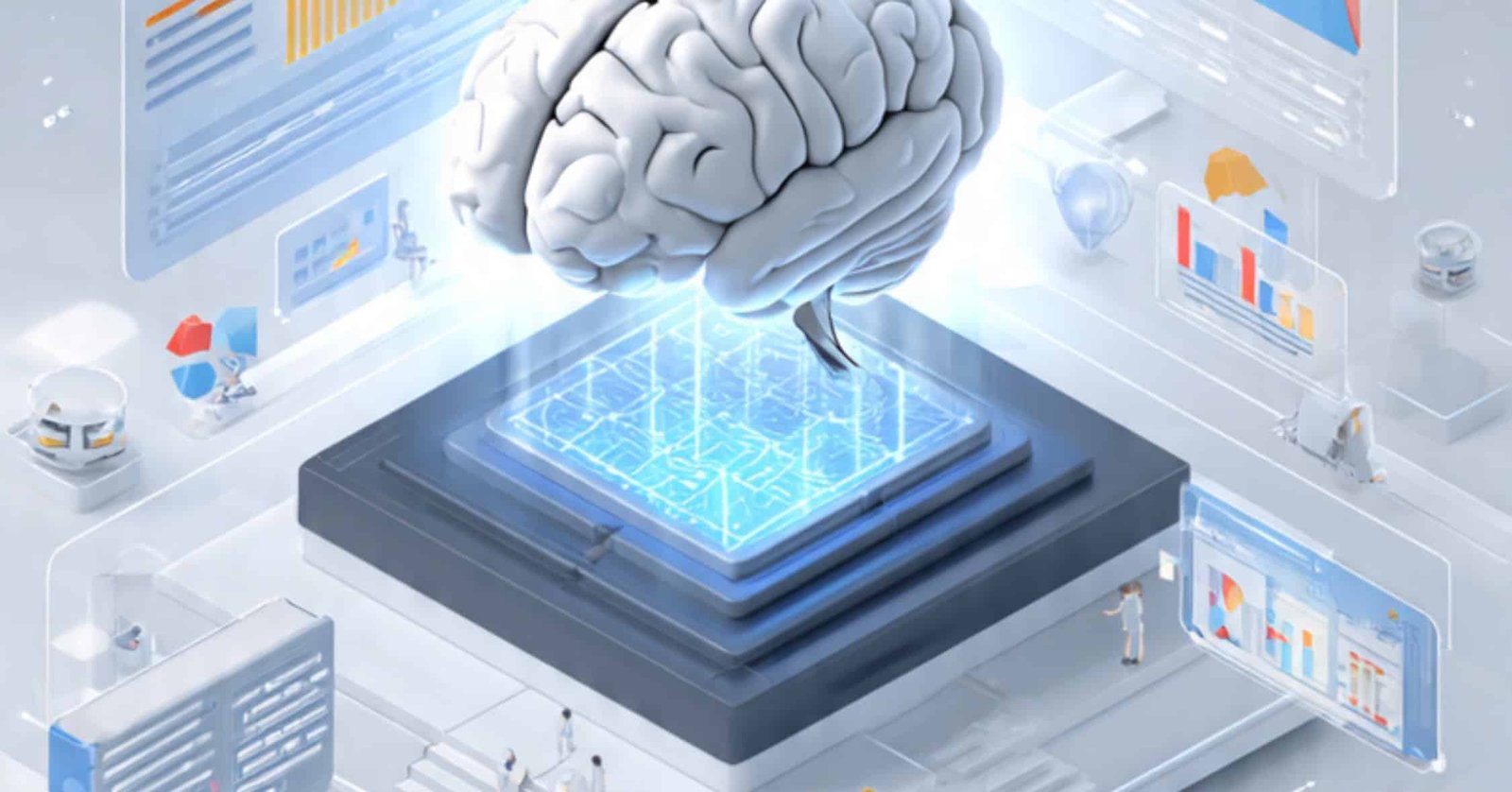Introduction
The software development landscape in 2025 is defined by intelligence, automation, and speed. Artificial Intelligence has transitioned from a novelty to an integral part of every software project, reshaping how developers code, test, deploy, and manage applications. From rapid prototyping to predictive testing, AI tools are streamlining the development lifecycle and setting new standards for productivity and efficiency.
1. AI-Powered Code Generation
In 2025, AI-powered coding assistants are writing significant portions of the codebase. Tools like GitHub Copilot X, Amazon CodeWhisperer, and Tabnine now understand context, business logic, and even the developer’s personal style.
AI-generated code is no longer limited to boilerplate. It can:
-
Understand design patterns
-
Handle complex logic suggestions
-
Complete classes and modules based on comments
-
Offer real-time error detection and corrections
This drastically reduces the time spent on initial builds, allowing developers to focus on creativity and problem-solving.
2. Intelligent Testing Automation
AI testing tools in 2025 like Testim, Functionize, and Mabl are capable of conducting comprehensive tests with minimal human input. They analyze past bugs, user behaviors, and feature usage to predict high-risk areas in the code.
AI enhances testing by:
-
Generating unit tests automatically
-
Running parallel regression tests in seconds
-
Offering smart bug tracking and root cause analysis
-
Continuously learning from system failures
Testing no longer delays product releases. Instead, it runs in the background continuously, saving time and catching errors early.
3. Smarter Project Management
Managing software projects today means juggling timelines, dependencies, and resources. AI project managers now take over much of this load, using platforms like ClickUp AI and Jira AI.
AI project managers can:
-
Forecast potential bottlenecks
-
Recommend timeline adjustments
-
Automatically assign tasks based on performance history
-
Suggest task prioritization based on business impact
These insights keep projects on track, reduce burnout, and ensure timely delivery.
4. Real-Time Collaboration and Code Review
In remote and distributed teams, real-time collaboration is vital. AI bridges the gap by enabling instant communication, intelligent code summarization, and context-aware documentation.
Tools like Codacy, DeepCode, and Notion AI support:
-
Real-time collaborative editing with instant suggestions
-
AI-powered code review and quality scoring
-
Smart documentation that auto-updates with code changes
This minimizes friction between developers and boosts productivity across teams.
5. AI in DevOps and CI/CD
DevOps has seen one of the biggest gains from AI in 2025. Modern platforms automate everything from building pipelines to resolving issues without human input.
Benefits include:
-
Predictive scaling based on traffic patterns
-
AI-assisted rollback and recovery systems
-
Continuous integration pipelines with anomaly detection
-
Zero-downtime deployments through smart orchestration
These capabilities reduce human error, shorten release cycles, and ensure seamless production environments.
6. Enhanced Security with AI
Security is embedded in the development cycle now, thanks to AI. Tools like Snyk AI, Rezonate, and Veracode perform continuous code scanning and suggest real-time fixes before code reaches production.
AI capabilities in security:
-
Identifying potential exploits as developers write code
-
Learning from industry attack patterns to build proactive defenses
-
Recommending secure code alternatives
-
Tracking security compliance in large systems
Security is no longer a separate step—it’s integrated and instant.
7. Personalized Learning and Onboarding
AI mentors now guide new developers through unfamiliar codebases, making onboarding smoother. Tools embedded in IDEs explain the code, offer context, and even quiz newcomers on the logic.
Benefits include:
-
Reduced dependence on senior developers
-
Faster onboarding with interactive walkthroughs
-
Context-aware suggestions for unfamiliar libraries and tools
-
Hands-on learning through AI-generated challenges
This creates confident, productive team members faster than ever.
8. Data-Driven Decision Making
AI empowers teams to make smarter choices by analyzing development data. Platforms like Linear AI and GitPrime analyze coding habits, productivity metrics, and bug trends.
Key benefits:
-
Detecting underperforming code modules
-
Suggesting refactor priorities
-
Measuring team efficiency
-
Supporting sprint retrospectives with real-time data
This transforms retrospectives from opinion-based sessions to action-oriented reviews.
9. Ethical AI and Explainable Code
AI transparency is now critical. Developers need to understand how and why AI generated specific code suggestions. Explainable AI tools clarify:
-
The logic behind code recommendations
-
Bias detection in algorithms
-
Ethical risk areas in user data handling
-
Compliance with regional regulations like GDPR or HIPAA
AI must not only be smart but also trustworthy.
10. The Human + AI Synergy
AI doesn’t replace developers — it makes them faster, smarter, and more creative. In 2025, success comes from collaboration between human intuition and machine intelligence.
Together, they:
-
Build faster with fewer bugs
-
Experiment more freely
-
Deliver continuous improvements
-
Push the boundaries of what’s possible
The future of software development is not just automated — it’s augmented.
Conclusion
In 2025, AI is at the core of software development. It powers code generation, testing, project planning, deployment, and decision-making. Development cycles are now shorter, smarter, and more secure than ever before.
Organizations that embrace AI are moving at light speed — delivering innovative solutions faster and outperforming competitors. The next frontier of development isn’t just fast — it’s intelligent, ethical, and deeply collaborative.










